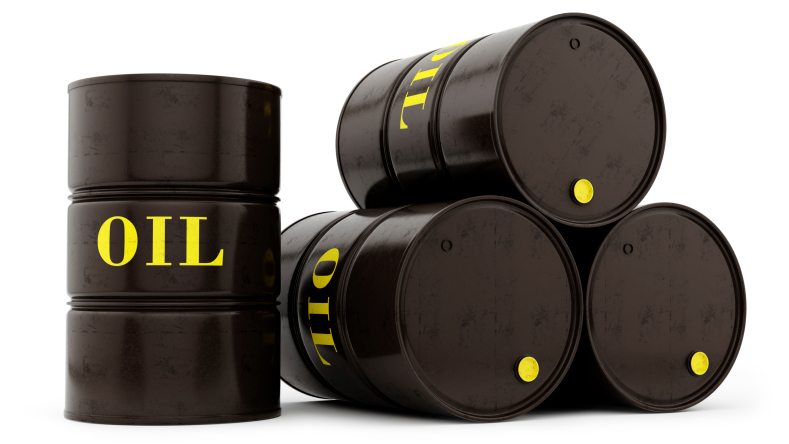It has been said that watching politics behind the scenes can be like watching how they make sausage at the sausage factory. Sometimes you just might not like what you see. This brings up the future of the Strategic Petroleum Reserve (SPR) and how part of SPR could be sold off to pay for a new highway bill.
Some politicians have already started fighting against that, and some have been vocal about not using SPR as an ATM for a source of funds.
As a reminder, there is no assurance that this effort gets anywhere close to happening. It is politics after all.
Senators McConnell and Boxer have reached a tentative agreement on a multi-year highway bill on the bipartisan Drive Act. One of the aspects, which will not be without controversy, appears to be that Congress could raise $9 billion or so by calling on the Department of Energy to sell roughly 100 million barrels of crude oil from the SPR in the years 2018 to 2025. Whether or not that amount of oil will really be $9 billion in those years remains to be seen.
While there is a procedural vote pending here, you know what this can mean down the road even if they throw this out. If SPR was used as a bargaining chip for a source of funds for one aspect of politics, it can easily be used as a bargaining chip in other efforts.
The Department of Energy’s site on the SPR shows that this is the world’s largest supply of emergency crude oil. This stockpile is federally-owned oil which is stored in underground salt caverns along the coastline of the Gulf of Mexico. The DOE website says:
Decisions to withdraw crude oil from the SPR are made by the President under the authorities of the Energy Policy and Conservation Act. In the event of an energy emergency, SPR oil would be distributed by competitive sale. Past sales have been listed as follows:
- 2014 Test Sale – 5 million barrels
- 2011 IEA Coordinated Release – 30,640,000 barrels
- 2005 Hurricane Katrina Sale – 11 million barrels
- 1996-97 total non-emergency sales – 28 million barrels
- 1990/91 Desert Shield/Storm Sale – 21 million barrels (4 million in August 1990 test sale; 17 million in January 1991 Presidentially-ordered drawdown)
- 1985 Test Sale – 1.0 million barrels
The SPR capacity is 713.5 million barrels and the United States has this as a deterrent to oil import cutoffs and a key tool of foreign policy.
The SPR holds the equivalent of 137 days of import protection (based on 2014 net petroleum imports). The SPR website also shows that the average price paid is also $29.70 per barrel – so buying new oil to fill up the massive SPR tank would cost far more in modern times than the cost that is currently listed.
Paying for a highway bill may have to come from additionally proposed taxes on gasoline. Or maybe SPR does get used as an ATM or in a piggy bank raid. The public of course hates that, even if there are no good answers on where to get the money. Still, the Drive Act is hard to consider as national security when it comes to draining the SPR.
The Average American Is Losing Momentum On Their Savings Every Day (Sponsor)
If you’re like many Americans and keep your money ‘safe’ in a checking or savings account, think again. The average yield on a savings account is a paltry .4%1 today. Checking accounts are even worse.
But there is good news. To win qualified customers, some accounts are paying more than 7x the national average. That’s an incredible way to keep your money safe and earn more at the same time. Our top pick for high yield savings accounts includes other benefits as well. You can earn a $200 bonus and up to 7X the national average with qualifying deposits. Terms apply. Member, FDIC.
Click here to see how much more you could be earning on your savings today. It takes just a few minutes to open an account to make your money work for you.
Thank you for reading! Have some feedback for us?
Contact the 24/7 Wall St. editorial team.




